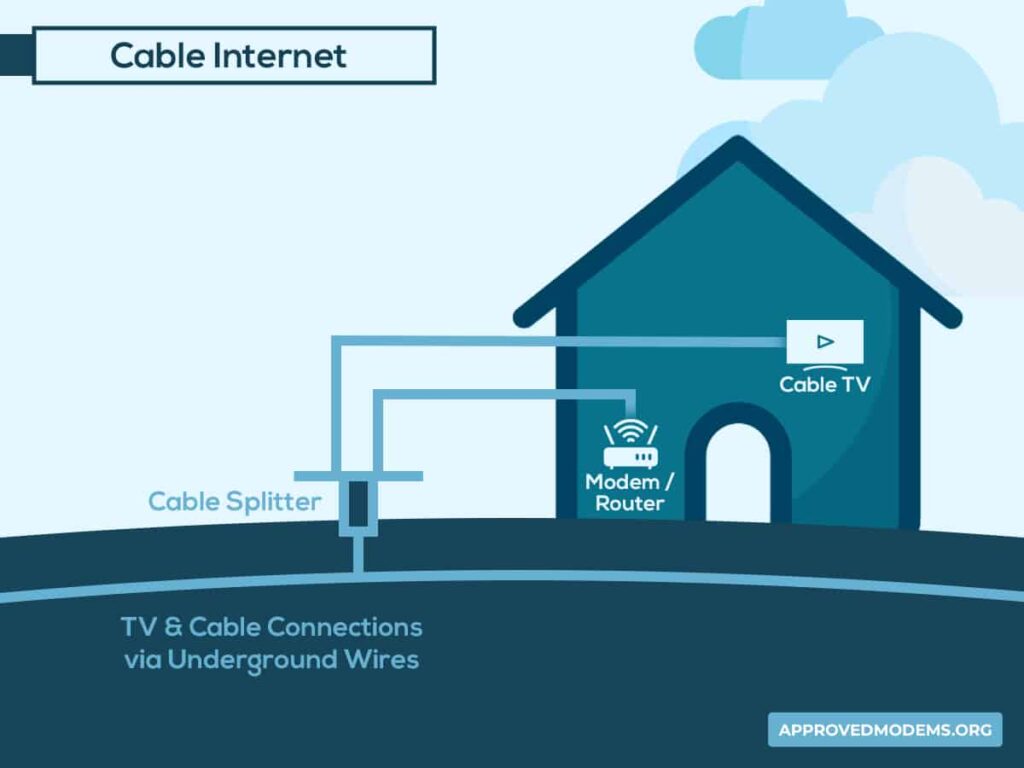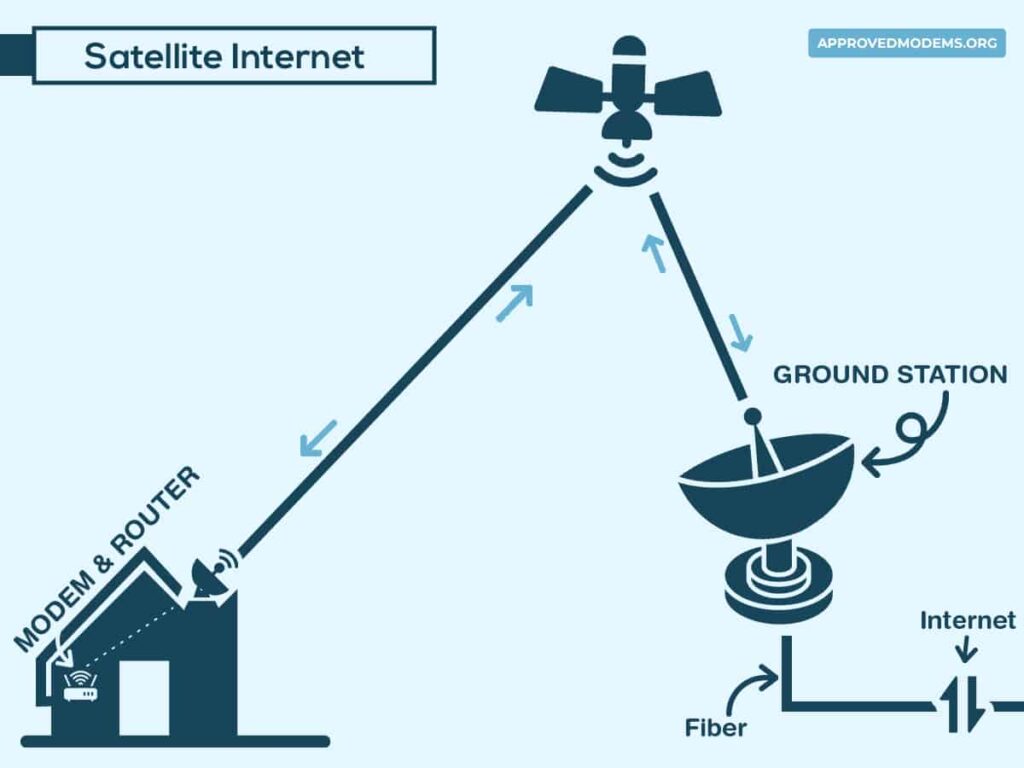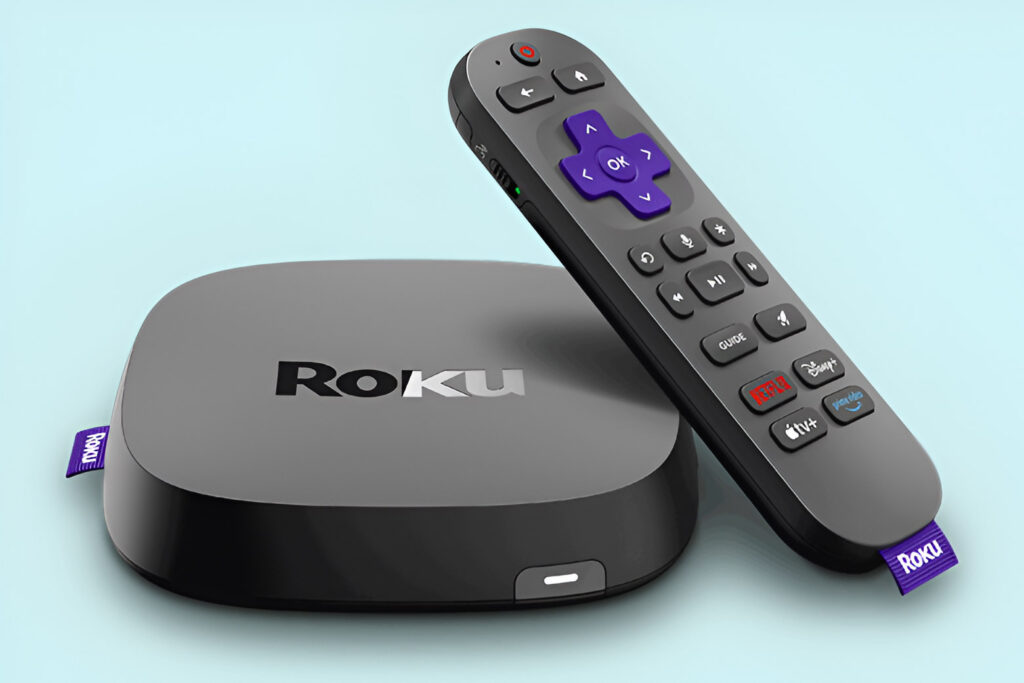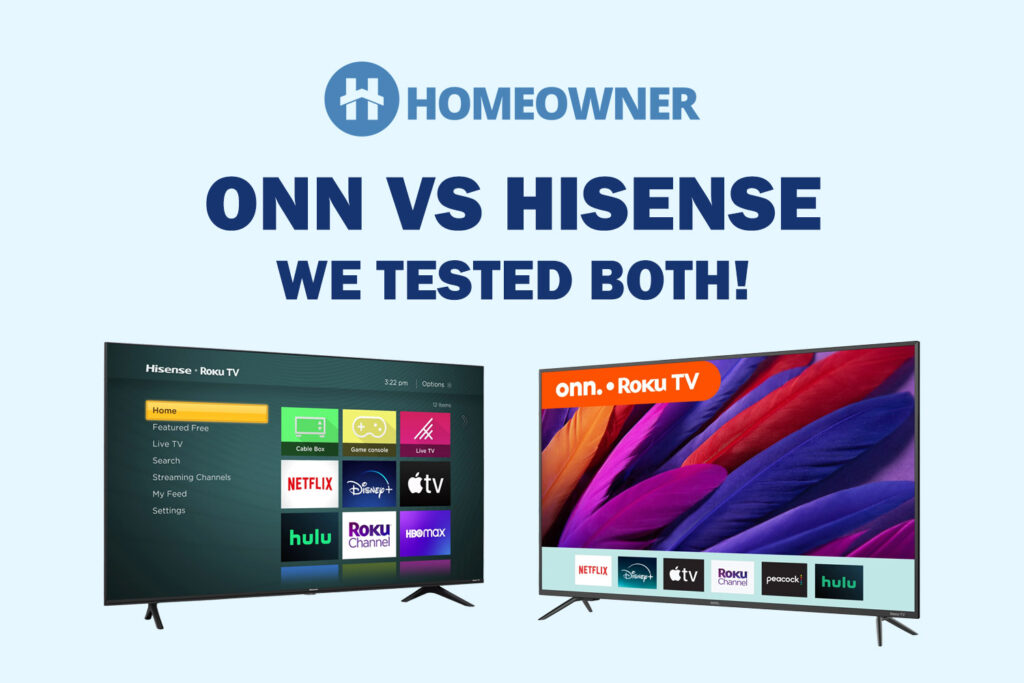While fiber optic internet has been the go-to modality for efficiency and higher speeds, its availability is limited to major cities and states. Cable and satellite internet, on the other hand, are available in most regions. However, both have their own advantages and disadvantages.
And if you want to have a clear idea before having to choose either of them, you must learn the differences between cable and satellite internet. In this article, I'll compare both types of internet services against critical factors to help you make a wise decision.
Cable vs Satellite Internet: Key Differences
In cable internet vs satellite, the differences can be narrowed down to these factors:
- Speeds: Cable internet is capable of gigabit speeds, while satellite internet consistently falls behind and struggles to deliver over 200 Mbps.
- Pricing: Cable internet is way cheaper than satellite internet. You’ll end up paying double the average monthly cost compared to cable or fiber internet.
- Availability: For satellite internet, all you need is the dish receiver, modem, and an open sky. Satellite internet covers rural areas where cable service providers with exposure struggle to cater.
- Reliability: Dedicated underground wiring makes the cable more reliable than satellite internet, which is vulnerable to cloudy weather, rain, and storms.
- Installation: The cable internet setup involves connecting the cables to the modem, while the satellite installation is more complicated with a receiver dish and modem.
Briefing Cable and Satellite Internet
What Is Cable Internet?

Cable internet delivers services through underground cables connecting several areas to the ISP. The last-mile delivery typically happens via coaxial cables with thick copper wires and insulation. The cables can deliver a high speed of up to 1 Gbps with no hassles. If you are into heavy streaming and gaming, cable internet is your best fiber alternative.
What Is Satellite Internet?

While the satellite internet doesn't require any underground cabling to reach its end customer, it requires a receiver to be set up at every point. The internet is transmitted to these dishes via satellites in orbit. It doesn't have any location constraints. As long as you have a clear sky, you will have internet.
Cable Internet vs Satellite Internet: Detailed Comparison
By now, you must be clear that cable internet is better. But is satellite internet good enough? Does satellite internet offer reliable speeds? If such questions linger in your head, you’ll get them answered in this section.
1. Speed
Cable internet uses long stretches of underground cabling to deliver high-speed internet to the end user. Depending on the availability in your locality, you might get cable internet providers with internet plans of up to 1.2 Gbps.
Download speed is your next best option after fiber internet if you have heavy streaming and gaming requirements.
And compared to cable internet, the satellite internet relies on satellites orbiting a few hundred kilometers away from the earth to deliver the internet to you.
This limits the speeds available at your disposal. Starlink, ViaSat, and HughesNet, some of the major satellite internet providers in the USA, deliver speeds ranging from 50 Mbps to 150 Mbps.
2. Availability
Cable internet requires extensive underground cabling to cover any area and offer internet services. While multiple service providers have covered major cities and suburbs, the rural areas have been hard to reach, despite providers like Cox, Spectrum, and Xfinity having a footprint in over 40 states.
This is where the satellite internet comes into play. You will have internet access as long as you have the end user equipment setup and an open sky. With Starlink expanding its presence in the USA, the satellite internet has brought a huge chunk of rural areas under its exposure, which was previously hard to reach for broadband and cable internet providers.
3. Reliability, Uptime, and Downtime
The dedicated cabling ensures the cable internet services are reliable. Apart from scheduled maintenance and unforeseen events, cable internet has been one of the reliable providers of high-speed internet with minimal downtime.
It isn't prone to outages because of storms, cloudy weather, rain, etc. Which is an issue with satellite internet.
Since the signals are beamed from hundreds of miles in the sky, changes in the weather cause service disruptions leading to fluctuating unprecedented downtimes. Bad weather translates to bad or no internet. So, this is a critical difference between cable and satellite.
4. Gaming & Streaming Experience
The high-speed internet and reliable cabling offer you a great streaming and gaming experience. With wired internet, you can experience low latency during online gaming sessions. Higher throughput and lower latency of cable internet translate to simultaneous streaming and gaming access. You don't have to compromise one for the other.
How good or bad is satellite internet for gaming?
The signals beamed by satellites thousands of miles in the sky take a fraction of a second to reach their end consumer. While this may not be noticeable in regular usages like streaming videos or music or surfing, the latency effects are apparent in gaming. The delays in movements and shooting can affect your gaming experience.
5. Data caps
With most cable internet providers, you don't worry about data caps. Even if there is one, it will a 1.25 TB of data/per month, which will be sufficient for most households, unless you use it for extensive 4K/8K streaming.
With satellite internet, there are data caps. Your monthly packages are based on usage. You'll either incur overage charges or get the speeds throttled if you exceed the data package you've subscribed to.
6. Equipment Fee & Installation
The Equipment fee and installation of the satellite internet services can get expensive. The providers like Starlink charge $500 for the equipment.
HughesNet and ViaSat offer the choice of monthly rentals or outright purchases. HughesNet equipment costs $449, but you can avoid the installation fee.
Cable internet providers let you choose between buying or renting modems and routers. If you choose to rent the equipment from a service provider, you'll have to pay up to a $15 per month lease.
And for installation also, you can opt for professional installation from ISP or follow self-installation guides and save up to $150. And yes, with cable internet, the service provider bears the installation outside your home.
While the installation process of the satellite internet can be a bit tedious, as seen in the Starlink installation. You must mount a dish on the rooftop and handle the wiring part. While with cable internet, the process is easier with just the modem/gateway to install while your service provider takes care of the rest.
7. Pricing
The presence of multiple service providers in the cable internet industry brings down the cost of monthly packages in any area. With plans starting from less than $30 per month on the lower end, you’ll easily afford it. The 1 Gbps packages could cost you around $100 monthly on average.
Is satellite internet expensive?
HughesNet has packages starting at $64.99, Viasat has introductory packages at $69.99, and Starlink costs $99.99 as the only option. Satellite internet is costlier, to begin with. The average monthly cost of satellite internet turns out to be close to $100, while cable internet and fiber average around $50.
Suggested Comparison: HughesNet vs Starlink
Frequently Asked Questions
No, satellite internet isn't the same as cable. The cable internet is delivered by underground copper cabling, while the satellite internet signals are beamed via orbiting satellites to dishes installed at the consumer end.
If you are heavy requirements in streaming and online gaming, cable internet will be your go-to solution in the absence of fiber. But the satellite will be your best shot if you want internet in rural areas, out-of-reach zones, or other kinds of internet services.
Yes, the speed of satellite internet is good enough for streaming. However, the speeds at disposal may not allow for multiple instances of heavy or 4K streaming.
The satellite internet speeds vary between 25 Mbps to 100 Mbps depending on the service provider.
Yes, you can have cable internet and satellite TV, depending on the availability of the service providers.
Satellite internet is not cheaper than cable. While the monthly data charges might vary depending on your requirement, the initial satellite dish and modem setup can be heavy on your wallet.
Conclusion
The speed of the satellite internet isn't its strength. Access and availability in rural areas is its strong point. In places where it is not financially viable to invest in cable and fiber internet infrastructure, the satellite gets the upper hand.
If you have both cable and satellite internet at your disposal, stick with cable internet. If you are in a rural area lacking other infrastructure, satellite internet will offer you a feasible internet solution.
Continue reading:





